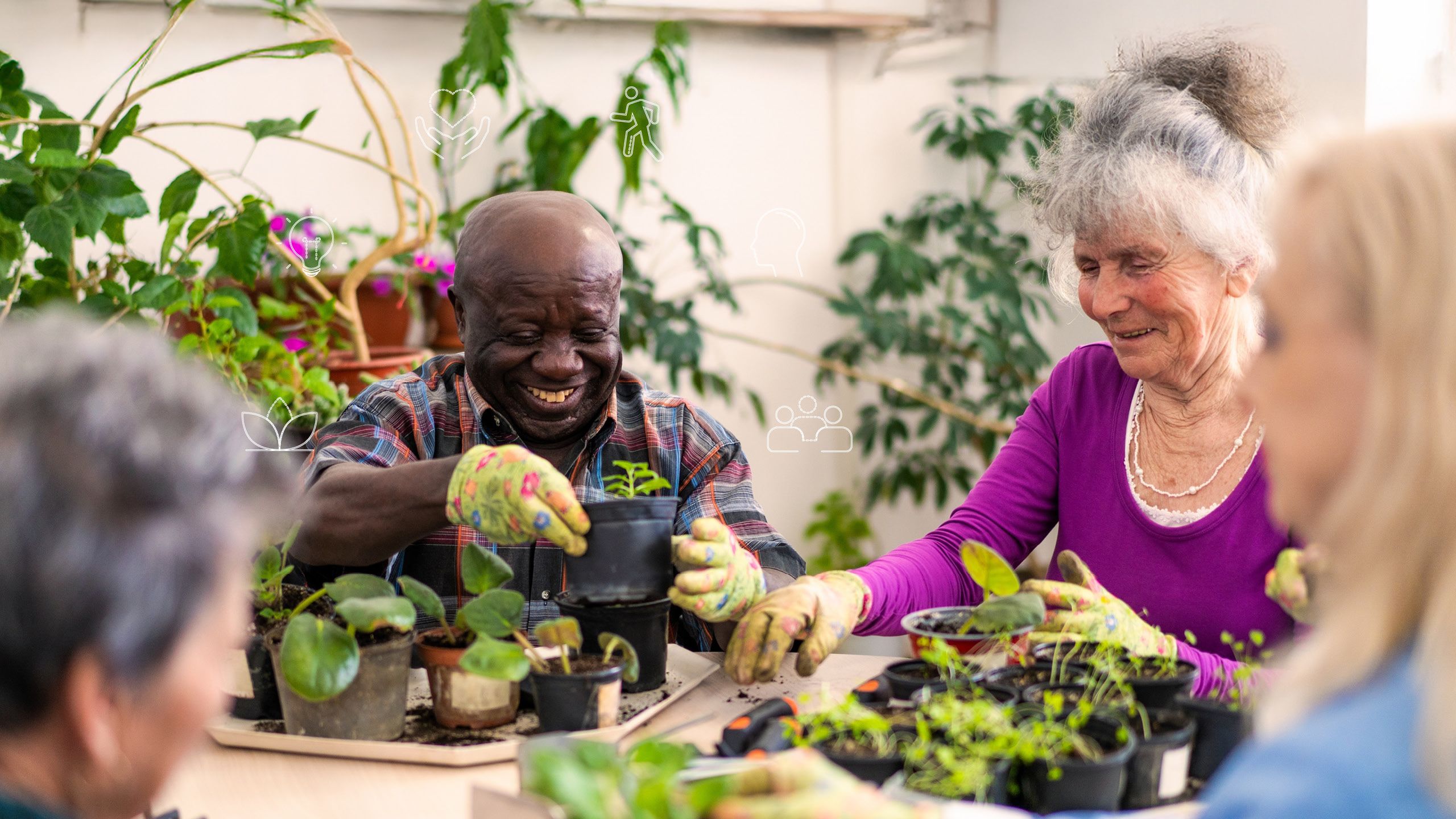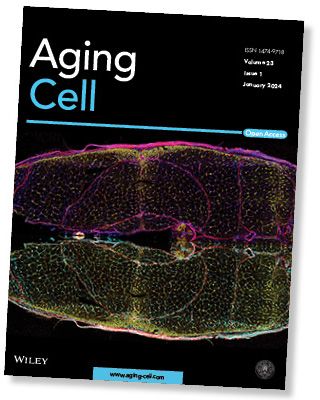Healthy Aging Holistically

While lifespan has dramatically improved in the past 70 years, aging issues have also become worse in some ways because of changes in diet, lifestyle, stress, and social relationships. As many Americans are hitting the 65-plus mark, research that links the psychological and social experiences of aging to its biological markers is revealing ways to improve the aging process.
Vincent Marconi, professor of infectious diseases in Emory School of Medicine and professor of global health in the Rollins School of Public Health, has co-edited a special issue of the journal Aging Cell (January 2024) that challenges biomedical research’s traditional focus on individual aging-related diseases such as diabetes, cancer, heart disease, and dementia in favor of science that focuses on the whole person.
|
|
The special issue of Aging Cell (January 2024) reconceptualizes healthy aging as a holistic process. |
|
|---|---|---|
“A lot has been learned about the biological aging process, both at the cellular and the molecular levels,” says Marconi. “However, improving both lifespan and health is a difficult challenge because health is affected by so many factors, including the environment and genes. It’s particularly difficult to do this for individuals facing chronic conditions, stress, and socioeconomic barriers.”
The special issue of Aging Cell, co-edited with Monty Montano of Harvard Medical School and Kris Ann Oursler of Virginia Tech, investigates aging-related topics including:
- Whether genetic variations in centenarians confer protection from age-related diseases
- Cardiorespiratory fitness and its role in health and lifespan
- The association between complexity of blood pressure
fluctuations and vascular alterations due to aging - How religious and existential variables relate to psychosocial factors and biomarkers related to cardiovascular risk.
- Impact of physical activity and exercise compared with lack of muscle use on gene function
Beyond the absence of disease, a growing body of evidence suggests healthy aging must also integrate every aspect of the body and mind to optimize the way people experience their lives. These include thinking, behavior, the senses, the cells, and the molecules.
|
Vincent Marconi, professor of infectious diseases in Emory School of Medicine and global health in Rollins School of Public Health |
||



